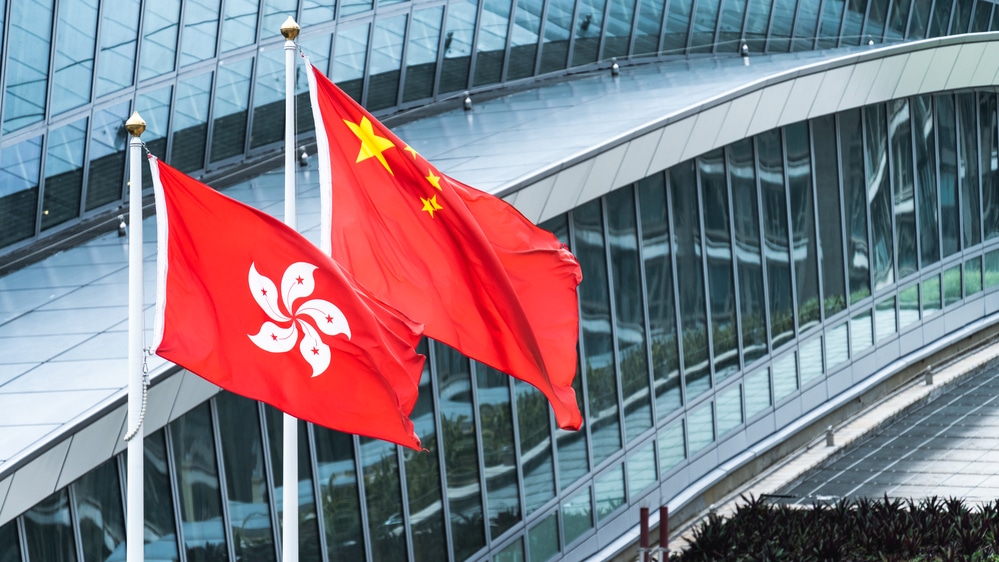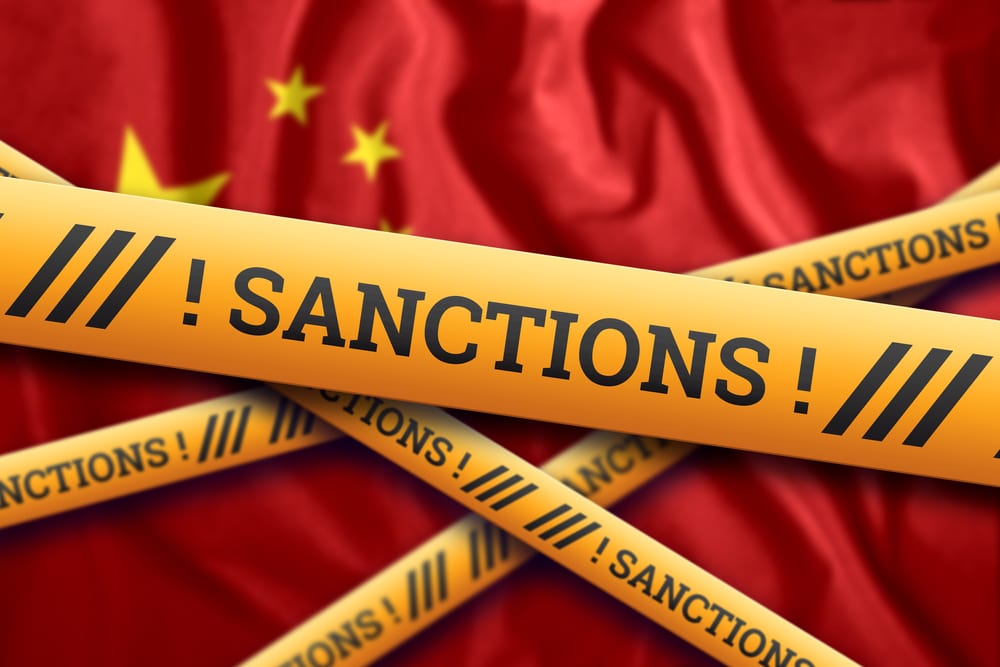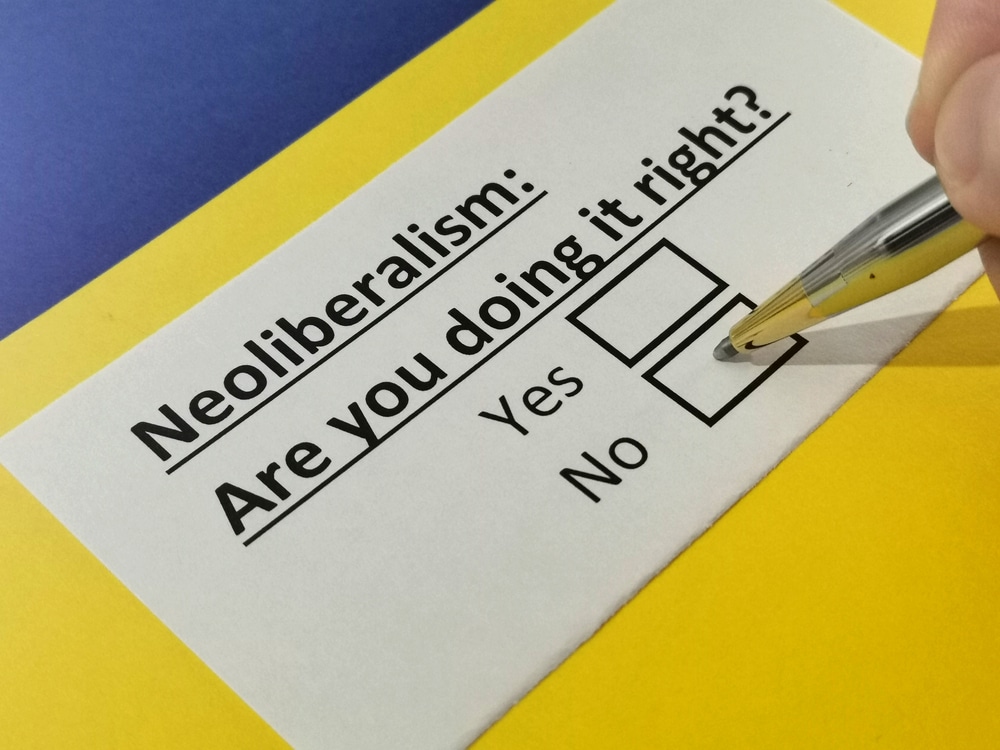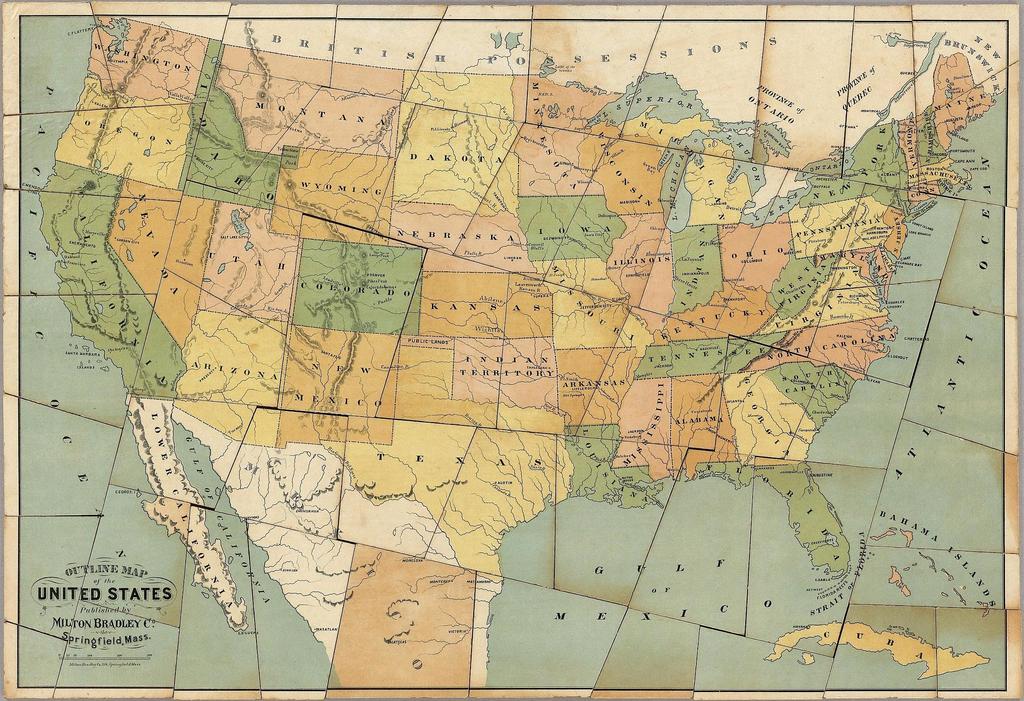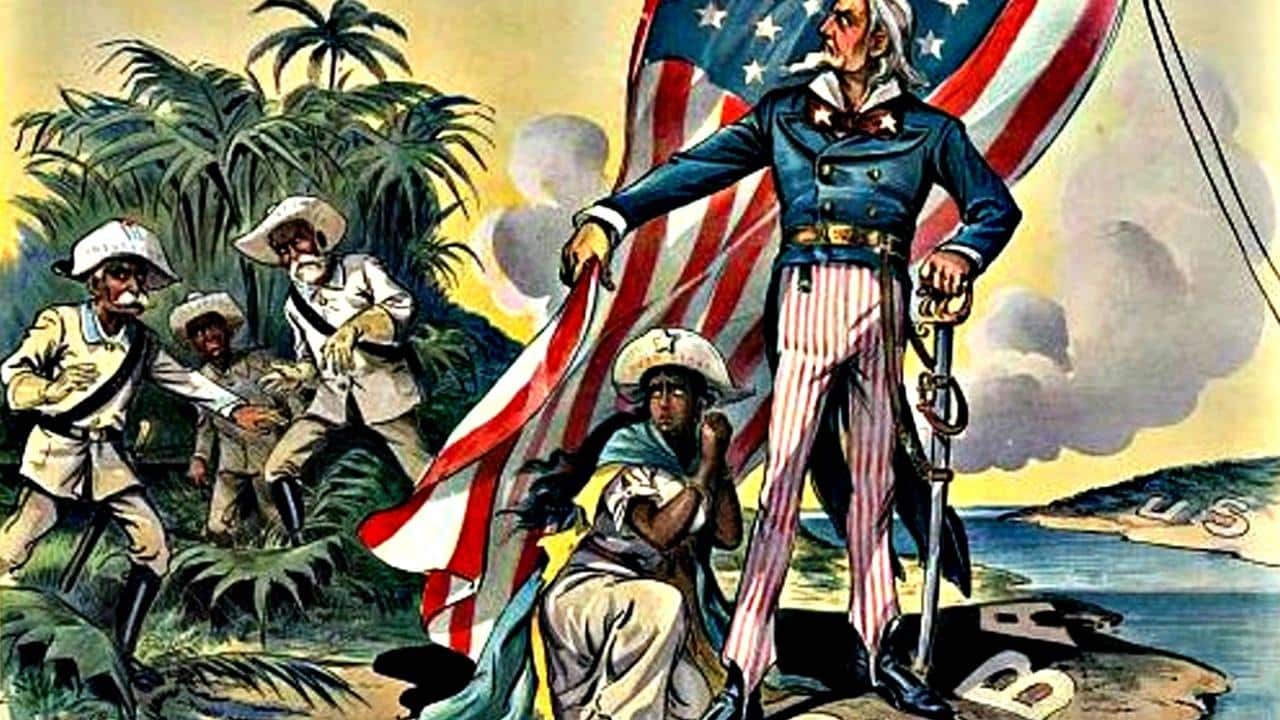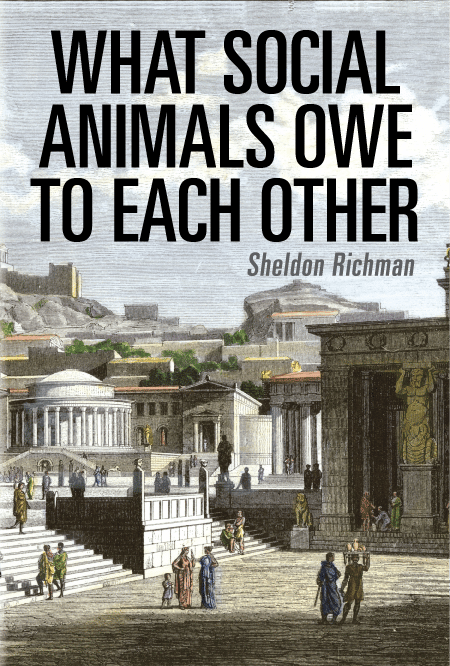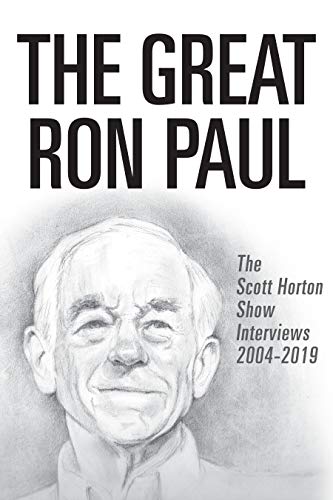On midnight July 1, 1997 a century and a half of British colonial dominion was brought to an end with the handover of Hong Kong to the People’s Republic of China (hereafter PRC). This was in accordance with the 1984 Sino-British Declaration. That treaty, which had been worked out between British Prime Minister Margaret Thatcher and Chinese Communist Party (CCP) Chairman Deng Xiaoping, was to have secured Hong Kong’s relationship with Beijing on the basis of “One Country, Two Systems"—that is, the assurance of Hong Kong’s relative autonomy on certain economic and political matters for at...
